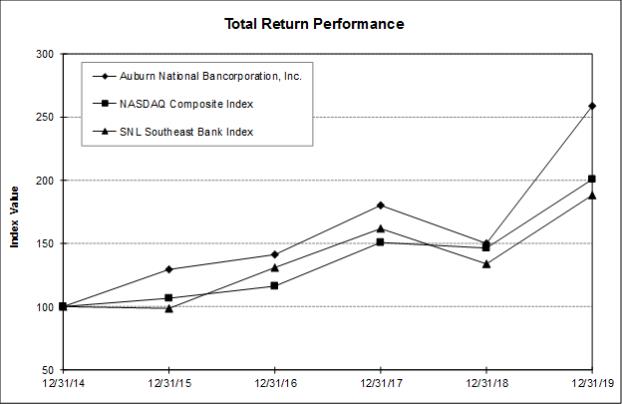Our systems and networks, as well as those of our third-party service providers, are subject to security risks and could be susceptible to cyber-attacks, such as denial of service attacks, hacking, terrorist activities or identity theft. Although we do not believe that we and our third-party service providers have been subject to a cyber-attack, other financial service institutions and their service providers have reported security breaches in their websites or other systems, some of which have involved sophisticated and targeted attacks, including use of stolen access credentials, malware, ransomware, phishing, structured query language injection attacks and distributeddenial-of-service attacks, among other means. Such cyber-attacks may also be directed at disrupting the operations of public companies or their business partners, which are intended to effect unauthorized fund transfers, obtain unauthorized access to confidential information, to destroy data, disable or degrade service, or sabotage systems, often through the introduction of computer viruses or malware, cyberattacks and other means. Denial of service attacks have been launched against a number of financial services institutions, and we may be subject to these types of attacks in the future. Hacking and identity theft risks, in particular, could cause serious reputational harm. Cyber threats are rapidly evolving and we may not be able to anticipate or prevent all such attacks and could be held liable for any security breach or loss.
Despite our cybersecurity policies and procedures and our Board of Director’s and Management’s efforts to monitor and ensure the integrity of our and our service providers’ systems, we may not be able to anticipate all types of security threats, nor may we be able to implement preventive measures effective against all such security threats. The techniques used by cyber criminals change frequently, may not be recognized until launched and can originate from a wide variety of sources, including outside groups such as external service providers, organized crime affiliates, terrorist organizations or hostile foreign governments. These risks may increase in the future as the use of mobile banking and other internet-based products and services continues to grow.
Security breaches or failures may have serious adverse financial and other consequences, including significant legal and remediation costs, disruptions to operations, misappropriation of confidential information, damage to systems operated by us or our third-party service providers, as well as damages to our customers and our counterparties. In addition to the immediate costs of any failure, interruption or security breach, including those at our third-party service providers, these events could damage our reputation, result in a loss of customer business, subject us to additional regulatory scrutiny, or expose us to civil litigation and possible financial liability, any of which could have a material adverse effect on our financial condition and results of operations.
Severe weather, natural disasters, pandemics, epidemics, acts of war or terrorism or other external events could have significant effects on our business.
Severe weather and natural disasters, including hurricanes, tornados, drought and floods, epidemics and pandemics, acts of war or terrorism or other external events could have a significant effect on our ability to conduct business. Such events could affect the stability of our deposit base; impair the ability of borrowers to repay outstanding loans, impair the value of collateral securing loans, cause significant property damage, result in loss of revenue and/or cause us to incur additional expenses. Although management has established disaster recovery and business continuity policies and procedures, the occurrence of any such event could have a material adverse effect on our business, which, in turn, could have a material adverse effect on our financial condition and results of operations.
The coronavirus orCOVID-19 pandemic, trade wars, tariffs, and similar events and disputes, domestic and international, have adversely affected, and may continue to adversely affect economic activity globally, nationally and locally. Market interest rates have declined significantly, with the 10 year Treasury bond falling below 1.00% on March 3, 2020 for the first time. Such events also may adversely affect business and consumer confidence, generally. We and our customers, and our respective suppliers, vendors and processors may be adversely affected. Any such adverse changes may adversely affect our profitability, growth asset quality and financial condition.
The Federal Reserve stated on February 28, 2020 that it was closely monitoring coronavirus developments and their effects on the economic outlook, and would act appropriately to support the economy. On March 3, 2020, the Federal Reserve reduced the target federal funds rate by 50 basis points to 1.00% to 1.25%. The Federal Reserve also announced it was purchasing Treasury bills into the second quarter of 2020, conducting overnight repurchase agreement operations at least through April 2020, and will continue to reinvest amounts of principal received by the Federal Reserve on its portfolio of treasury and agency debt and mortgage-backed securities. Lastly, the Federal Reserve also reduced the interest it pays on excess reserves from 1.60% to 1.10%. We expect that such reductions in interest rates will adversely affect our net interest income and margins, and our profitability.
34
